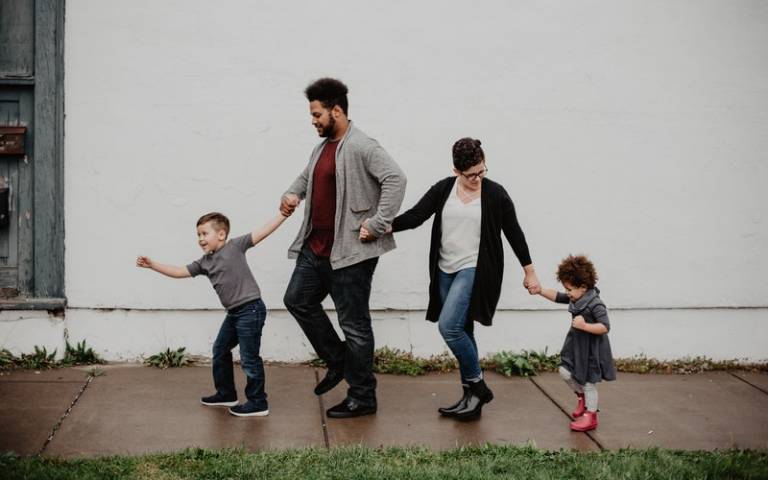VIRTUAL EVENT: Longitudinal biomedical studies, social science view: ALSPAC and Generation Scotland
13 April 2021, 12:00 pm–1:00 pm

This event is the second in a webinar series that explores longitudinal biomedical studies from a social science perspective. This webinar will feature study presentations about the Avon Longitudinal Study of Parents and Children (ALSPAC) and Generation Scotland.
This event is free.
Event Information
Open to
- All
Availability
- Yes
Cost
- Free
Organiser
-
Jennie Blows
Presentations
ALSPAC
Professor Nic Timpson and Lynn Molloy from the University of Bristol will introduce ALSPAC, also known as Children of the 90s, a world-leading birth cohort study. Between April 1991 and December 1992 the study recruited more than 14,000 pregnant women and these women (some of whom had two pregnancies or multiple births during the recruitment period), the children arising from the pregnancy, and their partners have been followed up intensively over two decades.
ALSPAC is the most detailed study of its kind in the world, providing the international research community with a rich resource for the study of the environmental and genetic factors that affect a person’s health and development.
Generation Scotland
Professor David Porteous and Rebecca Dawson from the University of Edinburgh will explore Generation Scotland – a research study looking at the health and wellbeing of volunteers and their families.
The study combines responses to questionnaires of health and wellbeing from birth through life and these are linked to NHS health records and innovative laboratory science to understand health trajectories.
CLOSER webinar series
The CLOSER webinar series aims to highlight how social scientists can make the most of data collected from longitudinal biomedical studies. The series will showcase a number of biomedically-focused studies and will explore what they can offer social science research.
Over the next few months, CLOSER will host three hour-long webinars, with each one providing the opportunity to learn about two biomedical studies. Each study presentation will cover an introduction to the study, an overview of data collected, how to access the data, research case studies and a Q&A.
Links
Image: Emma Bauso via Pexels
 Close
Close

